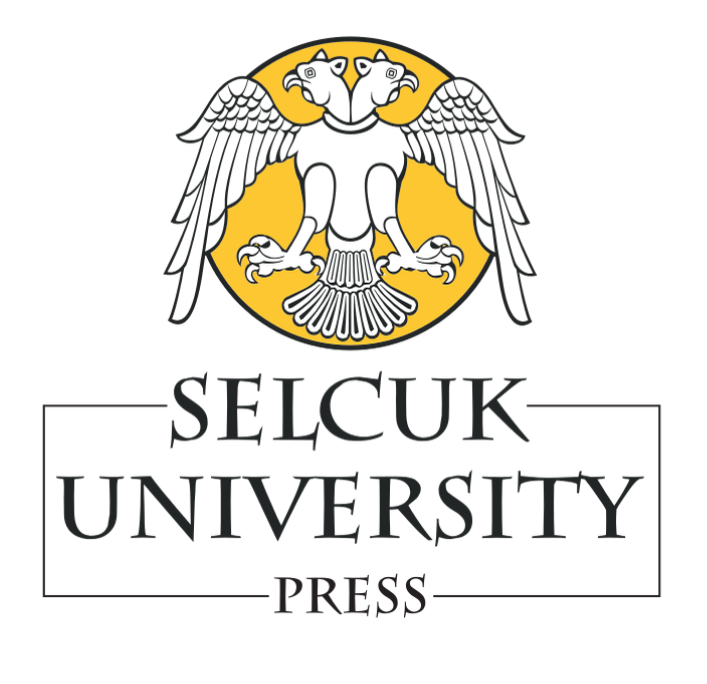| 2011, Cilt 27, Sayı 3, Sayfa(lar) 161-165 |
| [ Türkçe Özet ] [ PDF ] [ Benzer Makaleler ] |
| Potency of Rhodococcus equi culture filtrate supernatant proteins antigen for skin test in the diagnosis of Rhodococcus equi in foals |
| Kareema Al-Salihi |
| Department ofVeterinary Medicine and Therapeutic, College of Veterinary Medicine, University ofBaghdad, Iraq |
| Keywords: Rhodococcusequi, foal, skin test |
| Downloaded:1805 - Viewed: 3633 |
|
Aim: This study was designed to developing skin test proteins antigen prepared from Rhodococcus equi isolates.
Materials and Methods: Ten Arabian foals experimentally infected with R equi were injected intradermaly with 0.1 mL (12.5 µg/mL) Rhodococcus antigen and 0.1 mL PBS as control each treatment at one side of neck region, while 10 healthy foals had the same treatment and used as control group. Skin thickness was measured prior and at 24, 48 and 72 hours post injection by skin caliber. Skin biopsy was taken from the site of reaction at 72 hours post injection. Results: All infected foals had slightly skin reaction at 24 hours, and maximum skin reaction was determined at 72 hours post inoculation. Inflammatory cells including macrophages, neutrophils and eosinophils were present in the sections prepared from biopsy obtained from positive skin reaction. All control foals revealed no visible reaction in the site of injection. Conclusion: Partially purified Rhodococcus-culture antigen is potential diagnostic antigens able to detect foals previously infected or exposed to R. equi infection. Our data provide a promising basis for the future development of screening diagnostic skin tests for R equi infection in infected farms. |
| [ Türkçe Özet ] [ PDF ] [ Benzer Makaleler ] |





